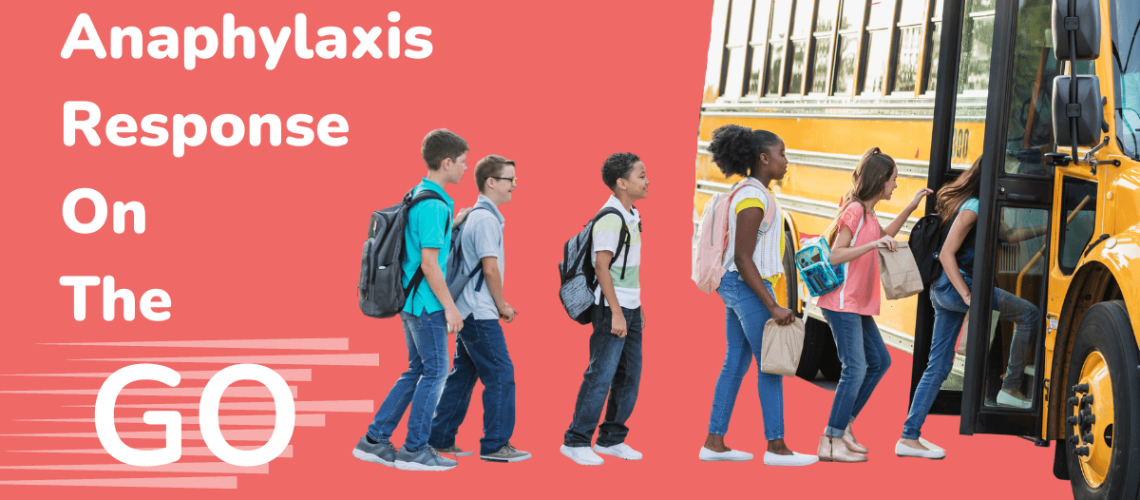Field trips and extracurricular activities provide valuable learning experiences and opportunities for students to explore the world beyond the classroom. However, for students with allergies, these outings can present unique challenges and potential risks. As educators and caregivers, it is our responsibility to ensure the safety and inclusion of all students, including those with allergies. We are going to give you strategies for supporting students with allergies during field trips and extracurricular activities off campus.
Researching Destinations and Activities
The first step of any field trip is planning! When choosing activities or trips, researching options that have allergen-free options is important for the safety of children with allergy. Reaching out and asking about locations’ allergy education and awareness ensures that the location can support your staff in making the activity as safe and fun as possible!
Collaboration and Planning
Before leaving campus, communicate with the parents/guardians of a child with allergy to discuss any concerns about activities or food. If there are any concerns or issues with the activities, have an accommodation ready for the child so that they are still able to participate as much as the other students.
Using Allergy Action Plans
Travel with a copy of the child’s Allergy Action Plan so that staff and volunteers can feel empowered to act quickly without needing to reference paperwork in a file back on campus. These plans detail when a child may need epinephrine as defined by their pediatrician or allergist and should be used anytime there is a suspected reaction.
Communication with Staff and Chaperones
Staff should already be trained on the signs and symptoms of anaphylaxis along with how to respond quickly. However, are your volunteers trained? They should be! Having all adults o the same page in terms of allergy emergencies can help prevent bad outcomes. Your school nurse or medical leader can use Code Ana’s education to prep volunteers before you leave!
Medication Accessibility and Management
All students with a diagnosed allergy should travel with their epinephrine auto-injectors. If the activity is outside for long periods of time, ways to keep the epinephrine at room temperature should be made. Excessive heat can damage epi! If your school has stock epi, stock epi should travel with students any time they leave campus, in case of anaphylaxis in any student – not just those with diagnosed allergy.
Allergy Awareness Among Peers
Depending on your students’ ages, they may go without direct adult supervision during field trips and other off-campus activities. It is important that other students can recognize when their friend needs help! Educating students on anaphylaxis and how to get help will give an extra layer of support for students with allergy.
Emergency Communication and Preparedness
When off campus, ensure that staff and volunteers can communicate quickly and effectively on the move! Communication during an emergency can increase the chances of good outcomes. Communication can also ensure that parents and guardians are able to be contacted quickly if a student is in need. Traveling with emergency contact information ensures that quick communication can happen during an allergy emergency.




